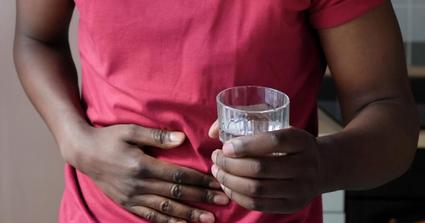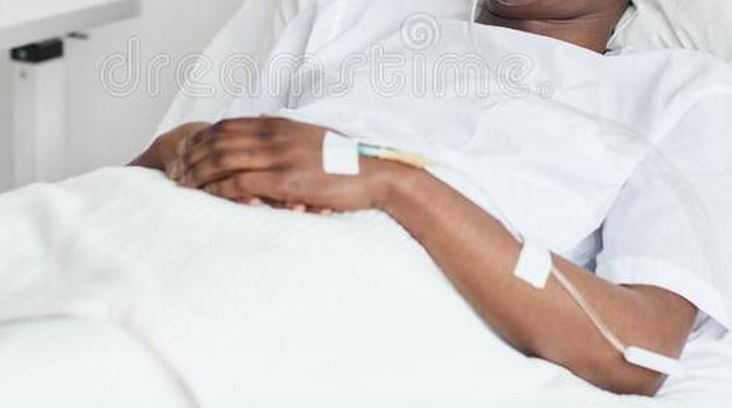
Why You and Millions of Other Women Are Awake at 3:29am
Woman waking and and turning on bed lamp at home
3:29am is the most common time that menopausal women wake up in the night (Picture: Getty Images)
Struggling to sleep right now? You’re not alone.
New research has found that 3:29am is the most common time that menopausal women wake up at night.
Three-quarters of menopausal and perimenopausal women report suffering from menopausal insomnia, according to a new study.
Read Also:
I Don’t Want My Leg To Be Cut Off – Mr Ibu Begs for Money, Prayers From Hospital Bed (Video)
Tinubu Moves To Block FBI, CIA, U.S. Agencies From Releasing Files – Gazette
The research, released to mark World Menopause Day on 18 October, found that more than two-thirds (69%) of women said menopausal insomnia has had a negative impact on their emotional wellbeing.
On top of that, one in two (50%) don’t know how to deal with their menopause symptoms, with 59% saying the didn’t feel prepared to handle the symptoms and half saying they didn’t even realise menopausal insomnia was a thing that could happen to them.
And 60% didn’t know there are things you can do to help the insomnia and finally get back to sleep – in fact, many are turning to techniques that are likely to keep them awake for longer.
For example, 30% turned to social media scrolling, and 20% watched television, while 17% just kept their no-doubt frustrated eyes on the clock, according to the research by Dunelm.
Woman using smartphone for looking up social medial at late night lying in bed, Internet addicted.
There are things you can do to get back to sleep (Picture: Getty Images)
Dr Clare Spencer, co-founder of My Menopause Centre and member of the Medical Advisory Committee of the British Menopause Society, said: ‘Menopausal women can experience difficulty in both getting to sleep and then staying asleep throughout the night.
‘Studies show that disturbed sleep can really affect your mood, impair judgement and concentration. These symptoms can then, directly and indirectly, have their own impact on sleep.
‘It’s concerning that many women seem to be turning to TV or screens as these are likely to overstimulate the brain and make it harder to sleep. Simple techniques, including good sleep hygiene, implementing a healthy wind-down routine, and practicing relaxation techniques while in bed are likely to be more effective.’
Source: Guardian.com





